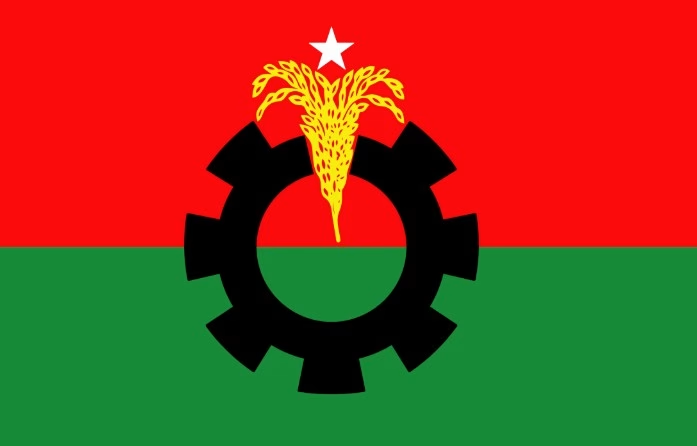The BNP is considering stricter measures against leaders and activists accused of crimes ranging from extortion to rape and murder, in a bid to restore its public image and reorganise ahead of the upcoming national elections, senior party leaders said.
The issue has gained renewed attention within the party, as there is a perception that these allegations may have contributed to its student wing, Chhatra Dal’s, disappointing performance in the recent student union elections at Dhaka University and Jahangirnagar University.
Despite repeated warnings and disciplinary actions against some members, the party has struggled to rein in its grassroots since the mass uprising that toppled the Awami League government in August last year.
On Thursday, in a Facebook post, BNP acting chairman Tarique Rahman disclosed that more than 7,000 party members have faced disciplinary action on allegations ranging from corruption and extortion to misconduct.
“Some have been removed from posts while others have been expelled. Taking such decisions amidst multifaceted propaganda was not easy, but necessary,” the post reads.
Critics say BNP activists across the country have been linked to extortion, violence, land grabbing, and even murder, drawing sustained criticism and damaging the organisation’s credibility.
They point out that many of the clashes – both internal rivalries and confrontations with opponents – stem from efforts to assert territorial dominance, secure leadership roles tied to these networks and maintain influence over local cadres.
BNP national standing committee member Begum Selima Rahman said the party has been scrutinising complaints and taking action against activists accused of misconduct.
“BNP is a very large party, and it is natural for a few members to become involved in such activities. However, we are sparing no one and continuously monitoring our members,” she told TIMES of Bangladesh.
“Our leader Tarique Rahman is working to transform the entire structure of the country for the better, and we are aligning our organisational activities with his vision,” she said.
Rights group Ain O Salish Kendra recorded 67 incidents of political violence between BNP and its affiliated organisations and rival parties from January to July this year, leaving 759 people injured and 15 dead.
In the same period, 194 incidents of internal clashes left 2,151 injured and 46 dead, while two confrontations with police resulted in 24 injuries.
BNP joint secretary general Khairul Kabir Khokon said warnings are being conveyed at various levels of leadership.
“We have been trying to reshape the party, providing opportunities for correction and taking appropriate actions where necessary. The leadership will not allow anyone to remain in position if found involved in rogue activities,” he told TIMES.
Asked whether acting chairman Tarique Rahman has enough control over grassroots activists while staying abroad, Khokon admitted his physical presence in the country could have a stronger impact.
“However, I don’t think there is much difference from the position of leadership. No one can go outside of Tarique Rahman’s words,” he added.
Analysts and critics currently see BNP as the strongest political force in the country. Party leaders have repeatedly said that Tarique Rahman has been working to rebuild the organisation’s image and promote a healthier political culture.
However, repeated criminal activities such as violence, murder, land grabbing, and extortion continue to undermine those efforts.
Sabbir Ahmed, professor of political science at the University of Dhaka, said that as mass-oriented parties, both BNP and the Awami League lack strict rules on membership.
He noted that expulsions are often ineffective, as suspended activists may still prove vital for organisational activities in their local areas and continue working for the party during elections.
According to him, the only way to change this scenario is to let the law move freely.
“When parties stop influencing law enforcement agencies from taking appropriate action against their own members, activists will stop engaging in such activities,” Sabbir Ahmed told TIMES of Bangladesh.


